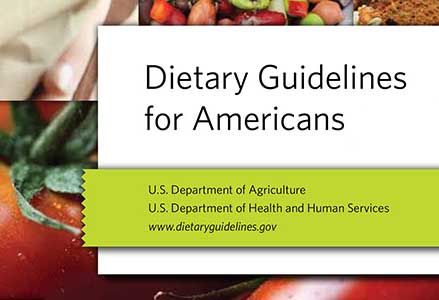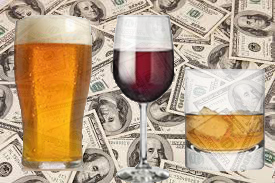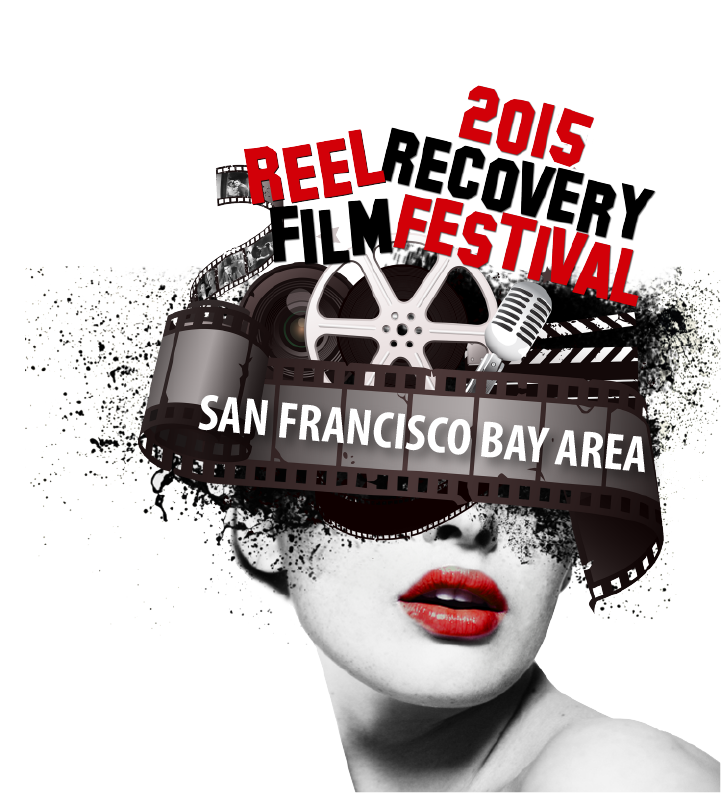Blog
Search
Blog
Tickets Now On Sale--REEL Recovery Film Festival & Symposium, June 11-14, 2015
May 15, 2015Alcohol Justice and Studio City-based Writers In Treatment announced today that tickets are now available for the 2nd Annual REEL Recovery Film Festival & Symposium – San Francisco Bay Area Edition. The four-day health and wellness event celebrates film, the arts, writing and creativity about addiction, alcoholism, behavioral disorders, treatment and recovery.
The festival will present 18 select feature-length and short, fictional and factual alcohol and drug addiction themed films in 14 sessions at two locations - the New People Cinema on Post St. in San Francisco, and the Smith Rafael Film Center in San Rafael. The program includes one world premiere and four Bay Area premieres that highlight addiction and substance misuse as well as the hope and opportunity for recovery. There will be expert panel discussions following most of the screenings.
Alcohol Justice and Writers In Treatment are producing the event with generous support from the San Francisco Sheriff's Department, Duffy's Napa Valley Rehab, Center Point, Inc., West America Bank, Kaiser Permanente Community Benefits Programs - Marin-Sonoma Area, Marin County Mental Health Substance Use Services, Ghilotti Construction Company, KRON-TV, the Michael Basso Foundation, Muir Wood Adolescent and Family Services, KPOO-FM, North Bay Recovery Center, Hotel Kabuki, Book Passage Book Store, and many Bay Area individuals and families.
The festival opens at the New People Cinema on Thursday, June 11, 2015, with the premiere of a true story, Girl on the Edge, starring Peter Coyote. The film follows the journey of a young girl struggling with the aftermath of a horrific trauma, the toll that it takes on her family and the last chance she has to overcome it in the most unlikely of places. A post-screening Q&A will take place with Producer/Director Jay Silverman, and actors Taylor Spreitler and Mackenzie Phillips. Immediately following there will be a VIP Reception at the Hotel Kabuki with live music by singer/songwriter Elizabeth Edwards.
"The REEL Recovery Film Festival helps to bring alcoholism and addiction out of the closet," stated Michael Scippa, festival director. "Our goal is to reduce the stigma, and raise public awareness that it is not a moral failing but a devastating disease that, like other potentially fatal diseases, requires specialized treatment."
Tickets are available exclusively through BrownPaperTickets.com. For more information about the festival and to view a PSA featuring Michael Pritchard go to: FilmFestSFBay.org.
Alcohol Justice Comments on 2015 Dietary Guidelines Report; Deadline Extended
April 29, 2015Read Alcohol Justice's comments here.
The deadline for submitting comments has been extended to May 8, 2015.
Submit comments at http://www.health.gov/dietaryguidelines/dga2015/comments/writeComments.aspx.
Read & download a US Alcohol Policy Alliance fact sheet on the 2015 Dietary Guidelines.

The Report proposes a risky and harmful shift in its definition of moderate drinking, and promotes drinking as a healthy dietary behavior. It suggests that a two-to-threefold increase in daily consumption limits is safe, and that questionable claims of health benefits outweigh known, substantiated risks of alcohol consumption. The Report represents a significant departure from previous Dietary Guidelines, and does so without sufficient scientific basis to justify such a shift.
The Dietary Guidelines should recommend ways to reduce and prevent alcohol-related harm, not increase it. The Dietary Guidelines are a joint effort of the U.S. Department of Health and Human Services and the U.S. Department of Agriculture, with administrative leadership and support from the Office of Disease Prevention and Health Promotion and the USDA Center for Nutrition Policy and Promotion. With current and growing evidence regarding risk of disease and harm from drinking even low levels of alcohol, the Dietary Guidelines should include recommendations for Americans to drink less alcohol - not more.
Urge the federal government to reject the proposed changes to the 2015 Dietary Guidelines on alcohol, and retain the alcohol recommendations from the 2010 Dietary Guidelines.
Click here and search for "alcohol" to see the alcohol recommendations in the Report (571 pages).
Delaware Lawmakers Propose Ban on Online Alcohol Marketing to Kids
April 24, 2015 Attorney General Matt Denn with some of the sponsors of online privacy legislation. www.delaware.gov.
Attorney General Matt Denn with some of the sponsors of online privacy legislation. www.delaware.gov.Delaware lawmakers proposed an Online Privacy and Protection Act this week that includes restrictions on alcohol marketing to children. The bill is sponsored by Senate President Pro Tempore Patricia Blevins, D-Elsmere, and state House of Representatives Speaker Peter C. Schwartzkopf, D-Rehoboth Beach. Delaware Attorney General Matt Denn is supporting the package of bills containing the alcohol ad ban.
Such restrictions are sorely needed. Currently, alcohol companies are allowed to self-regulate, with the industry promoting its own guidelines for advertising and marketing practices and virtually nonexistent enforcement. Alcohol Justice and other public health advocates have long decried the self-regulation charade as ineffective in protecting youth from alcohol advertising. The system's weak guidelines allow producers to overexpose youth to alcohol marketing and advertising, with no monitoring, enforcement, or penalties for violations.
Online advertising to youth is particularly problematic, as there are many routes available to expose children, including targeted advertisements, fan-based pages such as those for sports teams, shared content such as videos, and interactive games and contests sponsored by alcohol producers. Exposure is difficult to track, allowing alcohol producers to disavow their role in providing, disseminating, and encouraging the sharing of alcohol marketing content to children. A recent Diageo and Sean "Diddy" Combs Ciroc Vodka campaign using Instagram, the most popular social media app among teenagers, exemplifies this trend. An Australian study released this week concludes that alcohol producers use social media to aggressively target youth through sports sponsorship, encouraging alcohol consumption as an integral part of sports participation and spectatorship. Recent research has also demonstrated the strong influence of branded advertising in getting youth to drink particular alcohol brands, creating customers for life.
Delaware is the first state to specifically propose this kind of ban on online alcohol ads targeting children, but should not be the last. While the online privacy bill was just introduced and must make its way to the governor's desk, the state has taken an important step in protecting its youth from harmful online alcohol marketing and promotion.
Industry Attempts to Quash Effective Public Health Policy, a.k.a. Alcohol Taxes
April 24, 2015
Calls for state and federal alcohol tax increases, and new contributions to decades of research showing that higher taxes reduce harm, have met the usual industry tactics to distract, intimidate, and otherwise thwart efforts to implement even the smallest of alcohol tax increases. Alcohol industry lobbyists and PR spinners have been in full force to dominate public conversation about alcohol taxes in the U.S. For instance:
- As it has done each year since 2009, beer producers such as A- B InBev and MillerCoors (with trade groups Beer Institute & Brewers Association) proposed cuts to the federal beer tax in 2015 to preempt any potential proposals to raise them. Aggressive lobbying to support alcohol tax reductions is ongoing. Meanwhile, the federal beer tax rate has lost 57% of its real value since last increased in 1991, costing the government billions in lost revenue each year.
- A recent peer-reviewed study showed conclusive evidence that a modest alcohol tax increase in Illinois significantly reduced drink-driving fatalities, and suggested the potential for an alcohol tax increase to save thousands of lives nationwide. The Distilled Spirits Council of the United States (DISCUS) immediately deployed a panicked press release attempting discredit the evidence.
- Industry trade groups immediately ran after a recent Washington Post post about how cheap alcohol has become (at its most affordable in more than 30 years), with their argument that Joe 6-pack couldn't afford his beer after a long workday if a modest tax increase were implemented. Yet recent research shows that the average moderate drinker would pay less than $30 per year under a 25-cent-per-drink tax increase. And if alcohol companies really cared about the financial life of regular Joes and Jills, why would they cut their jobs ?
These tactics are business as usual for Big Alcohol in its fight to keep alcohol taxes artificially low, despite conclusions from public health experts that raising the price of alcohol by raising taxes is an effective policy to increase health and safety. Meanwhile taxpayers, the government, and families continue to bear the economic burden from alcohol-related harm, estimated at $223.5 billion annually and $94 billion in direct government costs.
Visit our Charge for Harm campaign page and read our fact sheets to learn more about how alcohol taxes reduce harm and related costs.
More Articles ...
Help us hold Big Alcohol accountable for the harm its products cause.
| GET ACTION ALERTS AND eNEWS |
STAY CONNECTED    |
CONTACT US 24 Belvedere St. San Rafael, CA 94901 415-456-5692 |
SUPPORT US Terms of Service & Privacy Policy |
Copyright © 2026 Alcohol Justice. All Rights Reserved.
Joomla! is Free Software released under the GNU General Public License.




